4 Year
BHM
Bachelor of Hotel Management (BHM)
Bachelor of Hotel management has a mélange of practical and theory subjects. The four years degree programme in Hotel Management and Catering Technology is designed to meet the varied manpower needs of the different segments of the Hotel and Catering Industry.
The student has to undergo 20 weeks industrial exposure training in the 6th Semester which is a key aspect of the course, where there is On the Job learning and the assessments for the same is done in the form of a presentation.
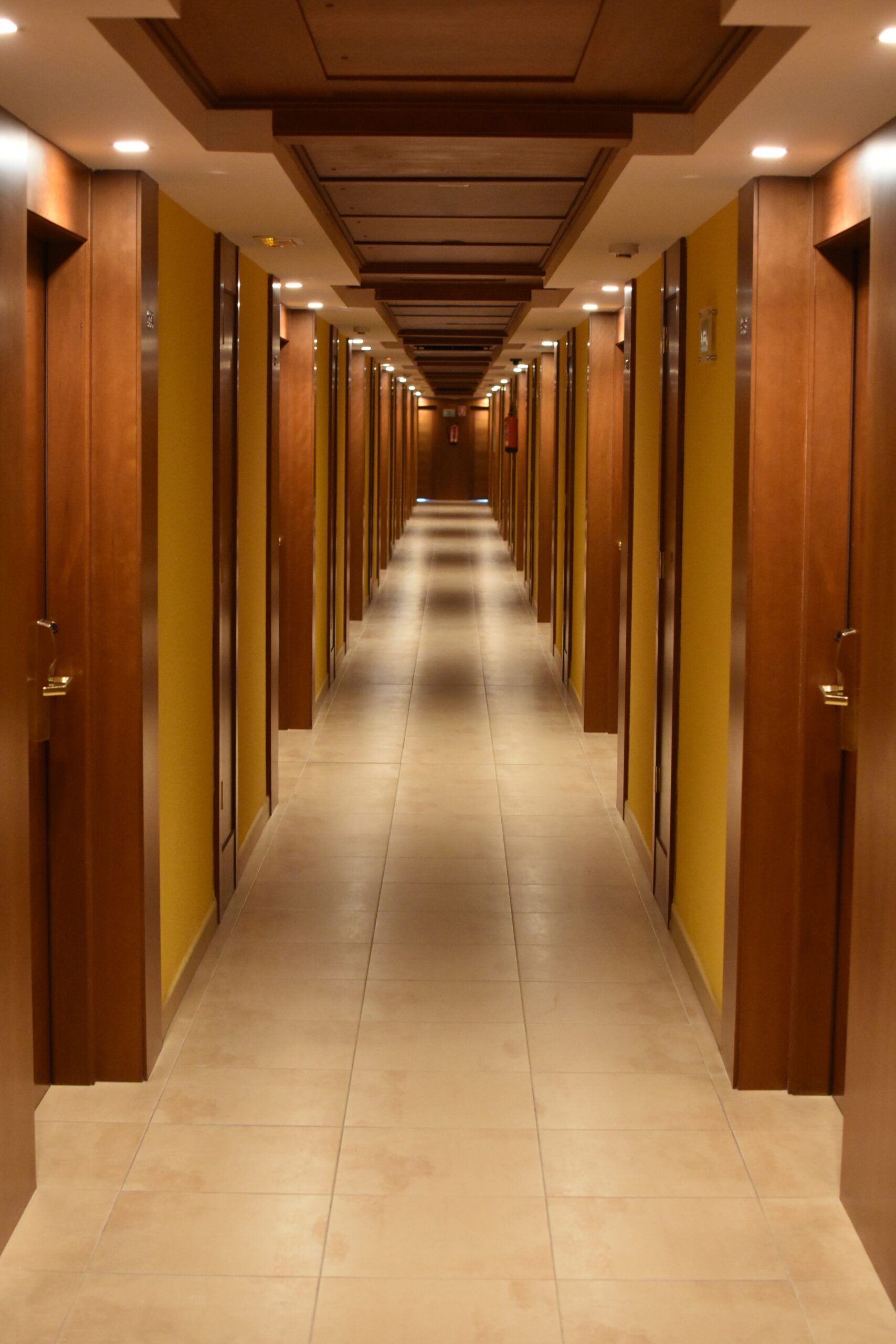
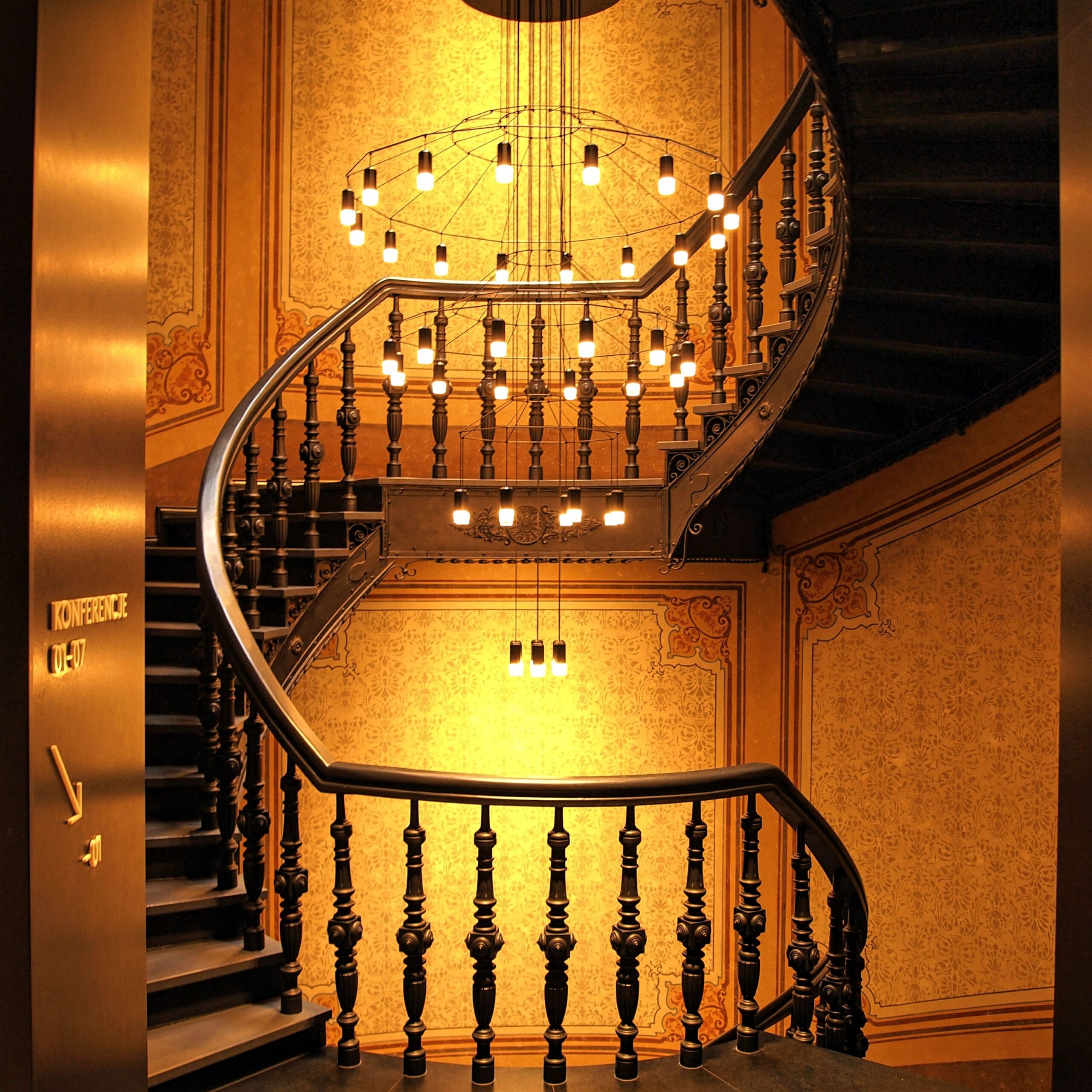
Our gallery
Course Objectives
Professional Experts
To develop young men and women in to professional experts to manage hospitality industry in general and hotels in particular.
Conceptual & Interpersonal skills
To equip youngsters with conceptual and interpersonal skills and social purpose for managerial decision making and its execution in hospitality related industries.
Entrepreneurial Capabilities
To develop and encourage the entrepreneurial capabilities of young generation to make them effective change agents.
Top-level Management
To meet the demand for trained and professional people in the country at the top-level management of business and industrial organization in the light of new economic and industrialpolicy of the country
Course Duration
The BHM course shall be spread into four years duration with eight semesters. Each semester shall comprise of a minimum of 75 instructional days of 7 hours a day. (Total contact hours 525).
Continuous Internal evaluation during the course period and university examination at the end of the each semester shall be conducted.
4 Year Bhm
Eligibility for Admission.
45%
A pass in the higher secondary or equivalent examinations conducted by boards/departments recognized by the University with a mark not less than 45% in aggregate including language.
Special Concession
Usual concession for minimum marks as stipulated by University and the State Government from time to time shall apply to SC/ST, OBC and other Categories of candidates.
Syllabus
Bachelor of Hotel Management (BHM)
Affiliated to MG University Kottayam, Approved by All India Council for technical Education ( AICTE )
First Year
Semester I
Level, skill and experiences. Attitude and behavior in the kitchen. Professional standards for
food handlers, personal hygiene, uniforms. Safety procedures in handling equipment
(Ergonomics).
Evolution of catering industry – Sarai, Dak Bungalow, Inn, Tavern and Chalets. Introduction to the hotel industry, travel and tourism industry. Sectors of food service industry –Welfare (Industrial and Institutional), Commercial (Hotels, Restaurants, Pubs and Clubs).
Origin, history and growth of Indian and Global hotel industry. Classification and categorization of hotels in India.
Housekeeping – Meaning, definition, importance and responsibilities. Personal attributes of housekeeping staff. Housekeeping in other institutions (hospitals, hostels, universities and
residential homes).
Management – meaning and nature. Difference between management and administration. Levels of management. Management as a science, art and profession. Scientific management principles by F W Taylor. Henry Fayol’s 14 principles of management.
Parts of speech, Articles, Prepositions, Modal Verbs, Tenses, Active and Passive forms, Question tags, Common errors, Effective sentences, Sentences structures, Use of
connectives.
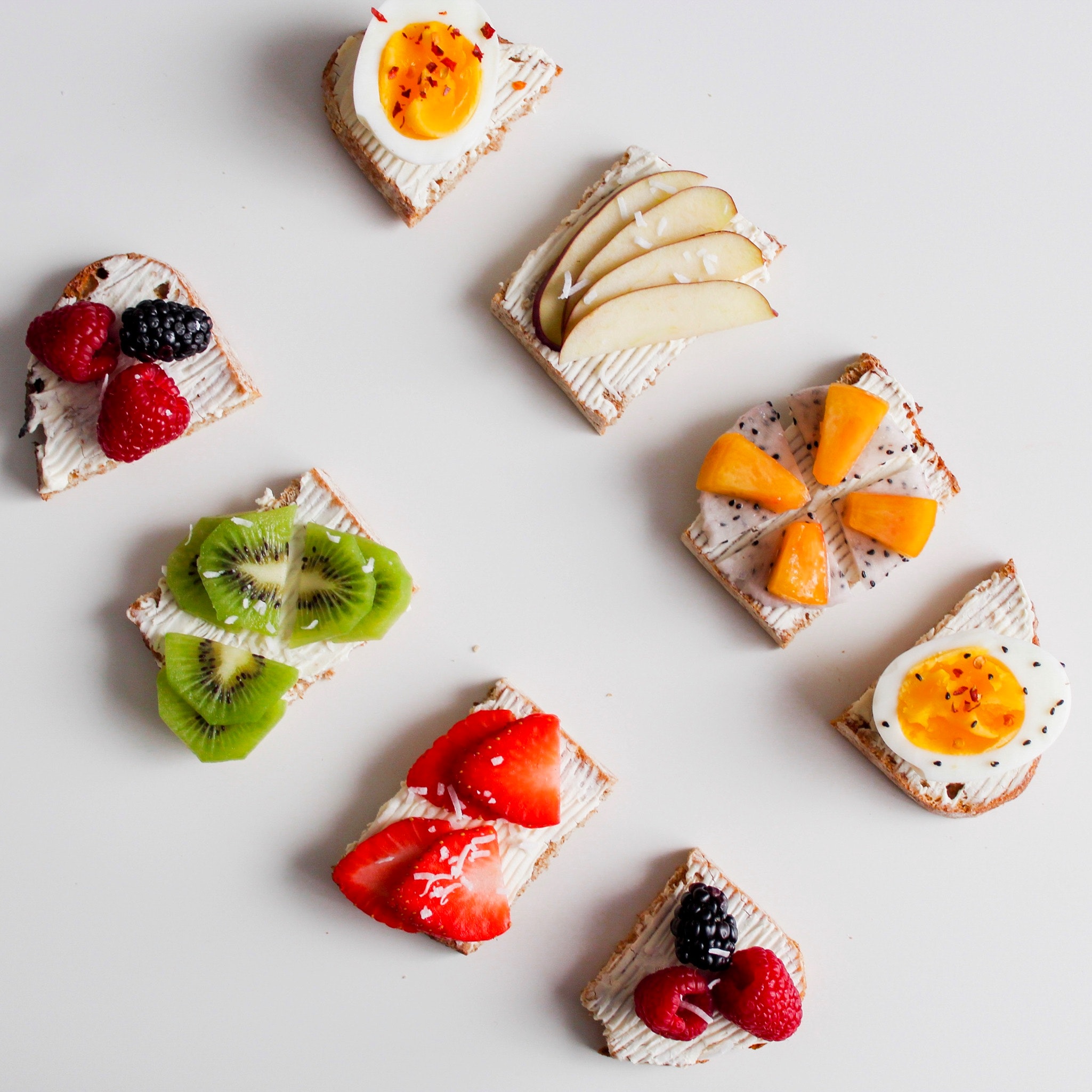
First Year
Semester 2

Level, skill and experiences. Attitude and behavior in the kitchen. Professional standards for
food handlers, personal hygiene, uniforms. Safety procedures in handling equipment
(Ergonomics).
Menu – Introduction and planning. Menu planning – objectives, factors and steps. Priorities
of a menu planner. 17 course French classical menu – examples, courses, cover and service
methods. Food and accompaniments. Menu terminology
Computer – definition, classification of computers, characteristics of computers, limitations
of computers, applications, block diagram of computer system.
Accounting – definition, functions, objectives, advantages and limitations. Book keeping.
Double entry book keeping. Basic accounting terms. Accounting principles.
Definition of health, nutrition and nutrients. Food and its relation to health. Food groups.
Various factors that determine food intake and food habits.
Alphabet and their pronunciation, distinction between vowels and consonant words and the
use of different accents.
Second Year
Semester 3
Bakery – layout, equipment and its care and maintenance. Basic ingredients in bakery,
leavening agents and shortening agents. Types of dough and batter
Meals – Early morning tea, breakfast, brunch, elevenses, lunch, afternoon tea, high tea,
dinner, supper. Breakfast menu – Continental, English and American, Indian, Middle East,
Europe).
Front office organization structure of a 5 star hotel. Equipment used in front office.
Coordination with other departments. Guest cycle – pre-arrival, arrival, stay, departure and
post departure.
Introduction and principles of cleaning. Daily cleaning of a guestroom – occupied room,
departure room, vacant room, servicing VIP room, turn down service, second service, DND
room. Cleaning agents.
Meaning of Finance. Financial management – importance and scope. Objectives of financial
management – profit maximization and wealth maximization. Finance function. Role of
finance manager. Concept of time value of money.
Tourism – Definition, meaning, significance, components and elements.
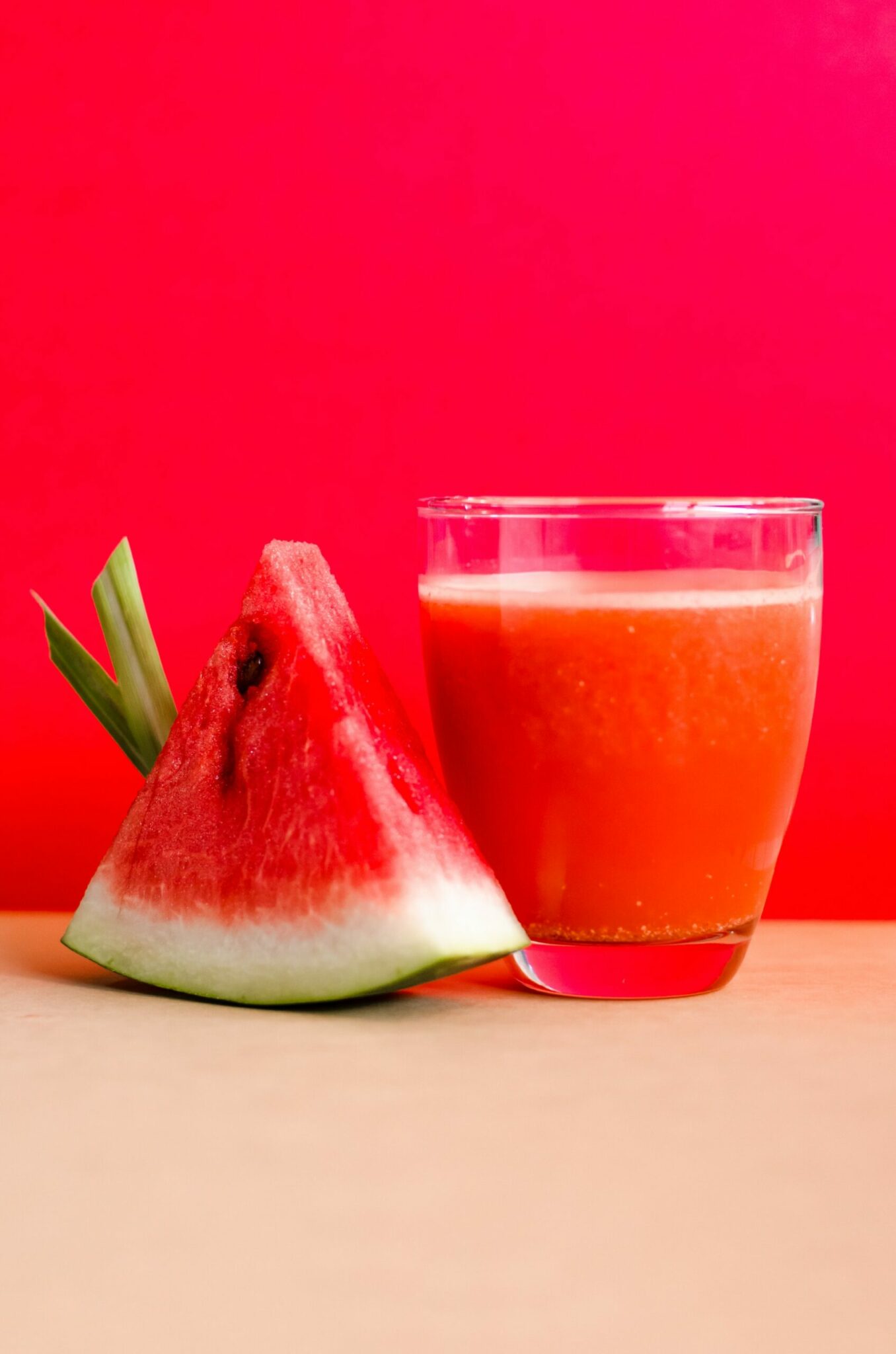
Second Year
Semester 4
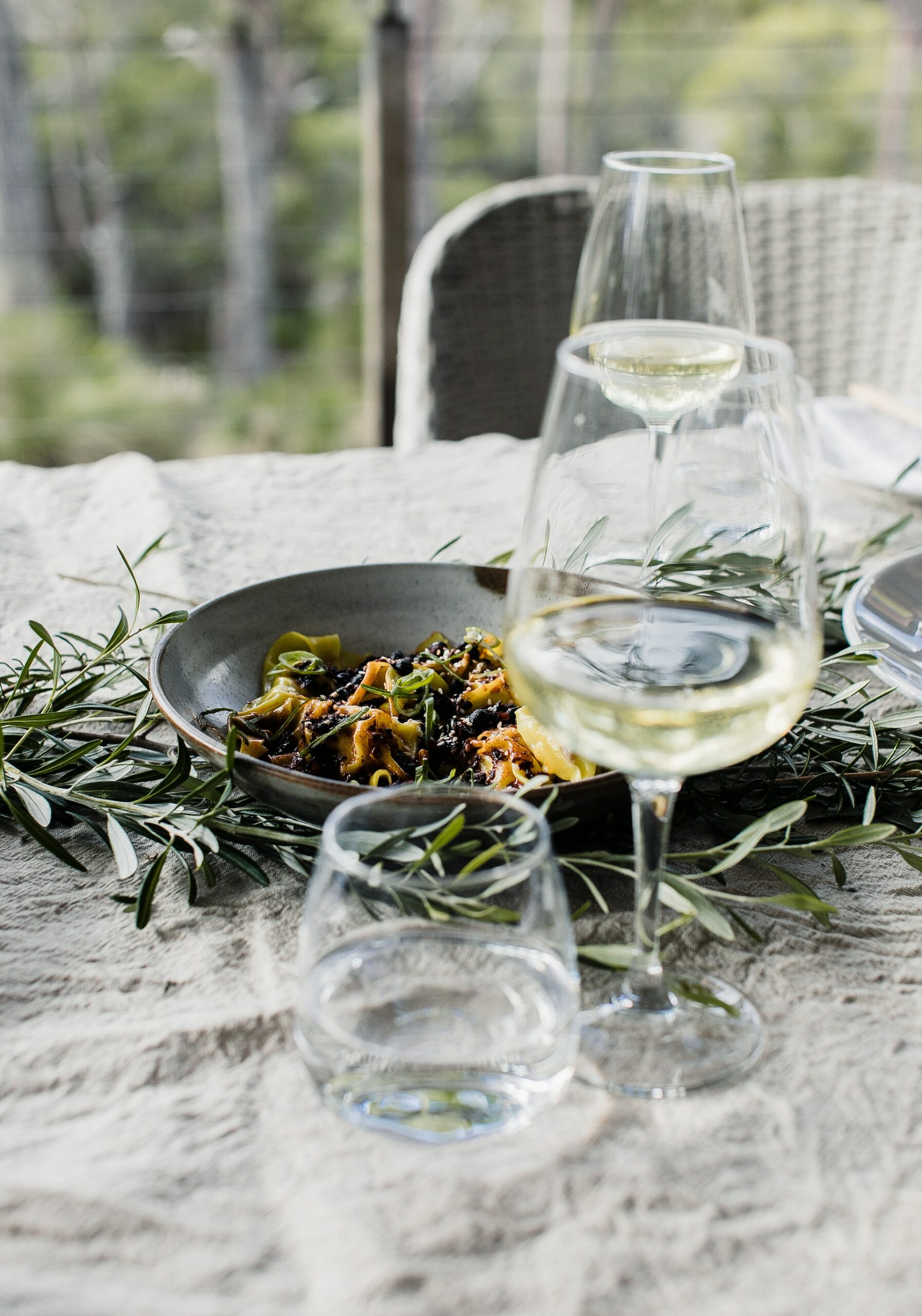
Introduction. Understanding commodities and their usage in Indian cooking – condiments,
herbs, spices, masalas and paste. Basic Indian gravies. Basic Indian breads, sweets and
snacks. Indian culinary terms.
Introduction and definition. Classification – fermented, brewed and distilled. Production of
alcohol – fermentation and distillation process. Other alcoholic beverages – Toddy, Sake,
Cider and Perry
Human resource management – definition,significance, functions. Human resource planning
– definition, process. job analysis – definition, process. job description and job specification
– content and differences.
Hospitality marketing, definition, features, scope and functions. Difference between
marketing and sales. Customer expectation from hospitality industry.
Environment- Constituents and types. The need for environmental studies. Ecology –
definition and meaning. Industrial ecology – definition and meaning. Eco system –concept,
structure and functions. Biotic factors – producers, consumers and decomposers. Energy flow
in the ecosystem. Ecological succession and ecological pyramids. Food chain and food web.
Different types of maintenance practice – Planned maintenance (preventive, corrective) and
Reactive maintenance (breakdown, emergency). Advantages and disadvantages of different
maintenance practices. Guest room maintenance. Contract maintenance – various types.
Organization chart of maintenance department – luxury and small hotels. Duties and
responsibilities of maintenance department.
Third Year
Semester 5
French, Italian, Chinese, Mexican, Thai and Spanish – Features, regional classification and
methods of cooking.
Introduction to bar. Types of bar- cocktail, lounge, dispense, discotheque, service bar,
portable bar and pub. Area of Bar – front bar, back bar, side bar, bar floor and under bar
(speed rack, garnish container and ice well). Opening and closing duties of bar staff. Forms
and formats used. Cocktails- definition and history. Parts (base, modifier, minor, garnish and
glass). Methods (stirring, shaking, muddling, mixing, building, blending and layering).
Terms (dash, zest, on the rocks, straight up, naked, spiral and twist). Cocktail bar equipment.
Points to be considered while making cocktails. Popular cocktails – Whisky (whisky sour,
whisky collins, mint julep and old- fashioned), Brandy (B&B, side car, apple sour and
olympic), Gin (orange blossom, tom collins, alabama fizz and gimlet), Vodka ( bloody mary,
screw driver, caipiroska and cosmopolitan), Tequila ( margarita, bloody maria, brave bull
and tequila sunrise), Rum ( cuba libre, planters punch, mojito, pina colada).
Types of – rooms, room rates, plans, clientele. Room status definitions. Role of the telephone
department, telephone etiquette. Coordination with other departments, internal and external
customers. Records and forms used in front office.
- Objectives of Interior design, types of design – structural design and decorative. Elements of
design – line (vertical, horizontal, diagonal and curved), form, texture, colour, pattern, light
and space. Principles of design – proportion, balance, emphasis, rhythm and harmony. Units
of design – naturalistic, stylized, geometric and abstract.
Management – meaning and nature. Difference between management and administration. Levels of management. Management as a science, art and profession. Scientific management principles by F W Taylor. Henry Fayol’s 14 principles of management.
Parts of speech, Articles, Prepositions, Modal Verbs, Tenses, Active and Passive forms, Question tags, Common errors, Effective sentences, Sentences structures, Use of connectives.
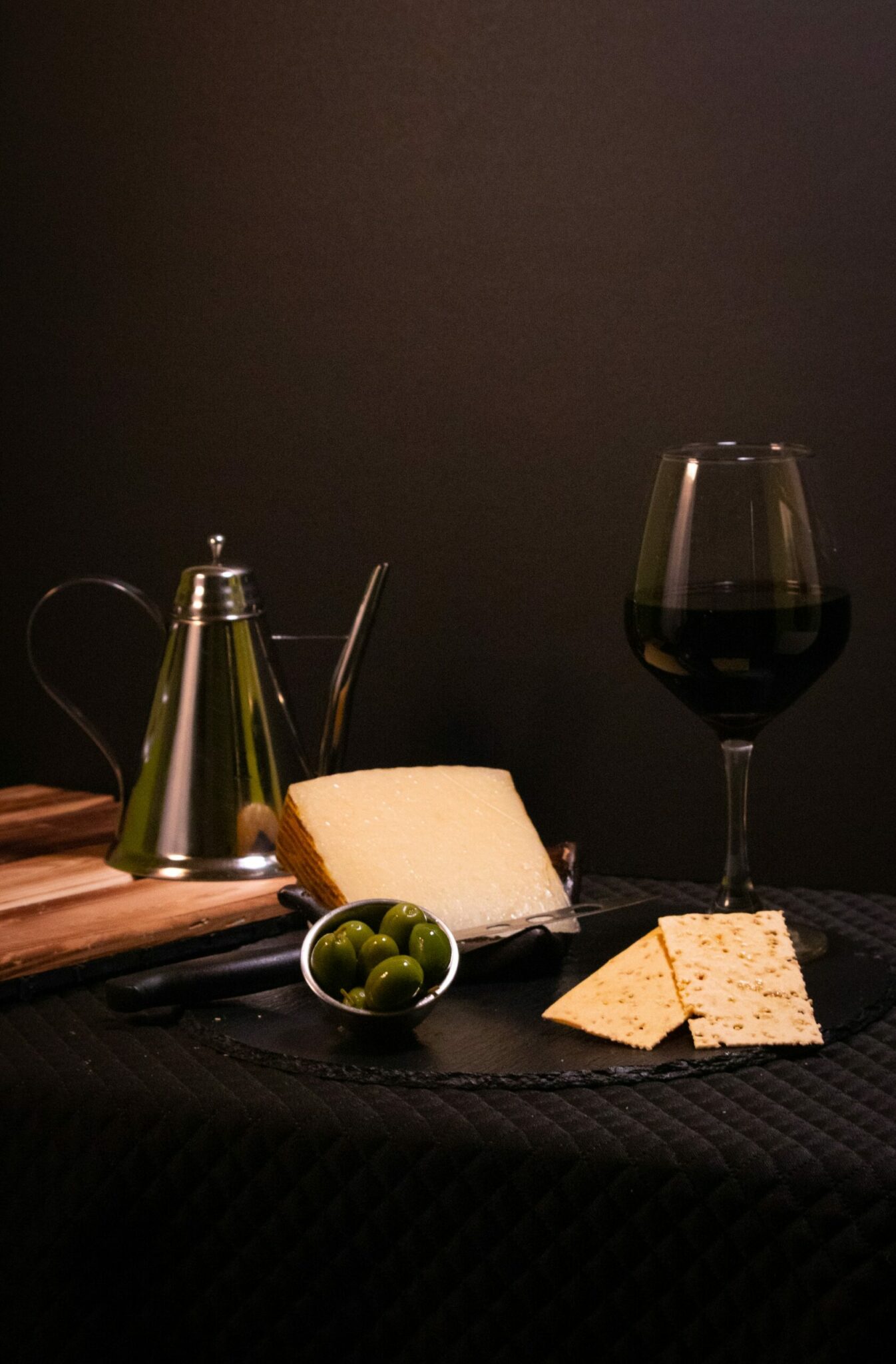
Third Year
Semester 6
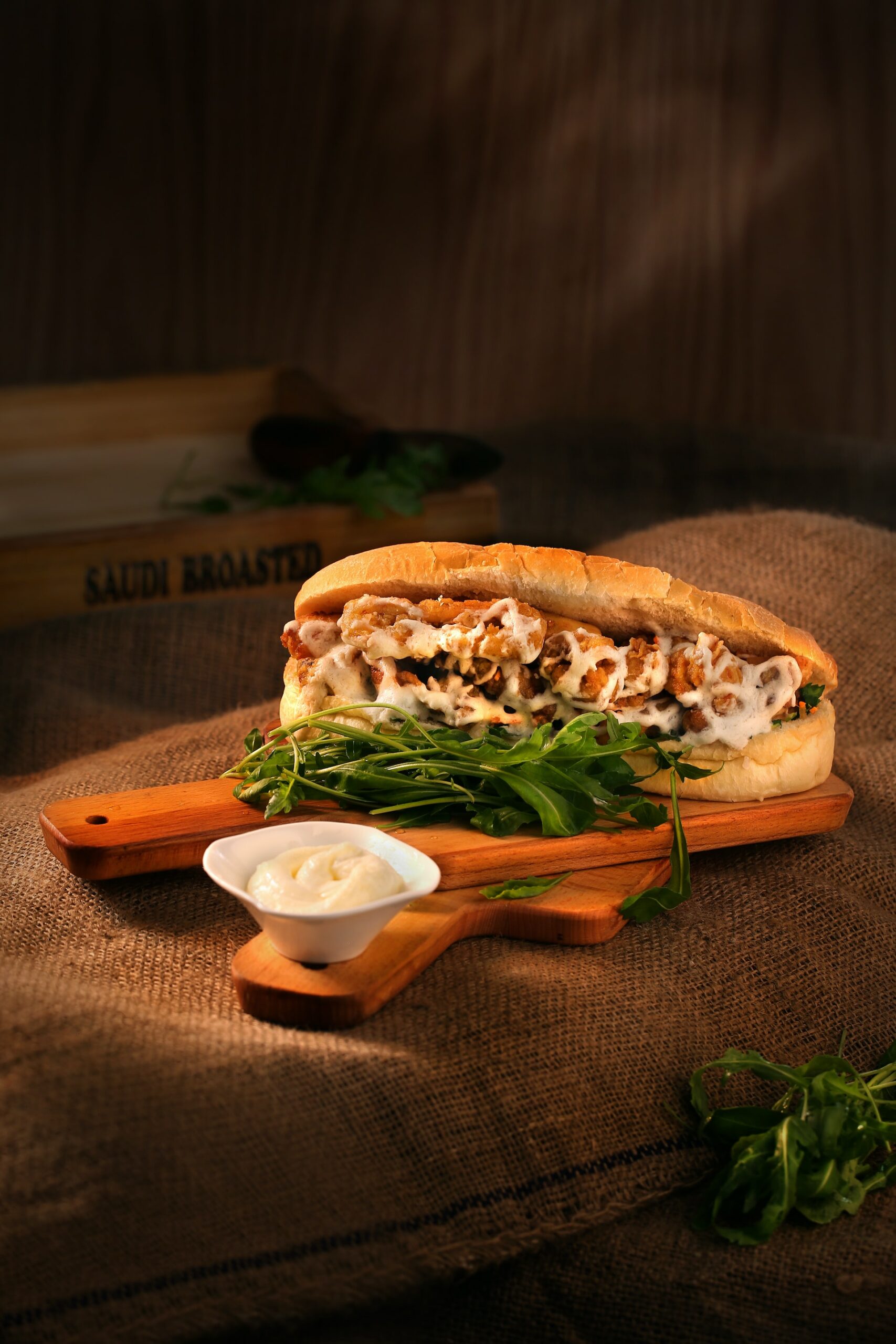
Objective of Industrial Training is to provide students the feel of actual working environment
and to gain practical knowledge and skills, which in turn will motivate, develop and build their
confidence. Industrial Training is also expected to provide students the basis to identify their
key operational area of interest.
Fourth Year
Semester 7
Kitchen organization. Allocation of work, job description, duty rota, production planning and
production scheduling. Forecasting, budgeting, yield management and quality control.
Standard recipe – need, importance and application. Standard Purchase specification.
Layout-Definition and Objectives. Physical layout of functional and ancillary areas. Factorsto
be considered while planning a restaurant. Planning Décor. Calculating space requirement for
a restaurant. Modes of seating in restaurant-Free standing and fixed. Planning staff requirement
for a restaurant. Constraints of menu planning . Heavy duty and light equipment used in a
restaurant, Suppliers & manufacturers.
Role of computer in front office operations. Property Management System, PMS application in
front office, PMS interface with stand-alone systems, room reservation through computers.
Supervisor – role, general duties and specific functions. Handling of guest complaints – types
and dealing with complaints.
Food hazards – biological, chemical, physical. Food hygiene. Various types of contaminants.
Safe food preparation practices. Food borne diseases and their prevention.
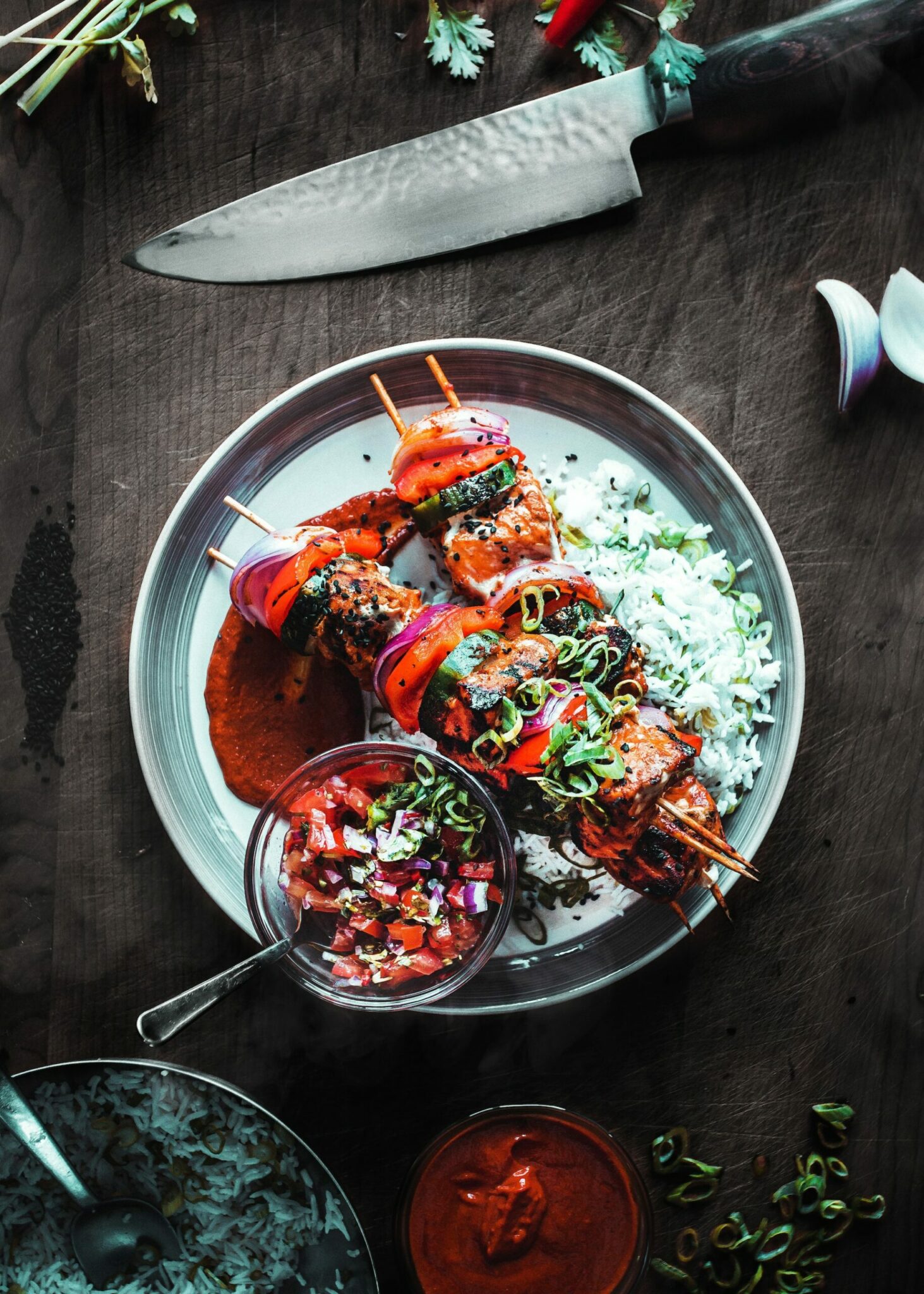
Fourth Year
Semester 8
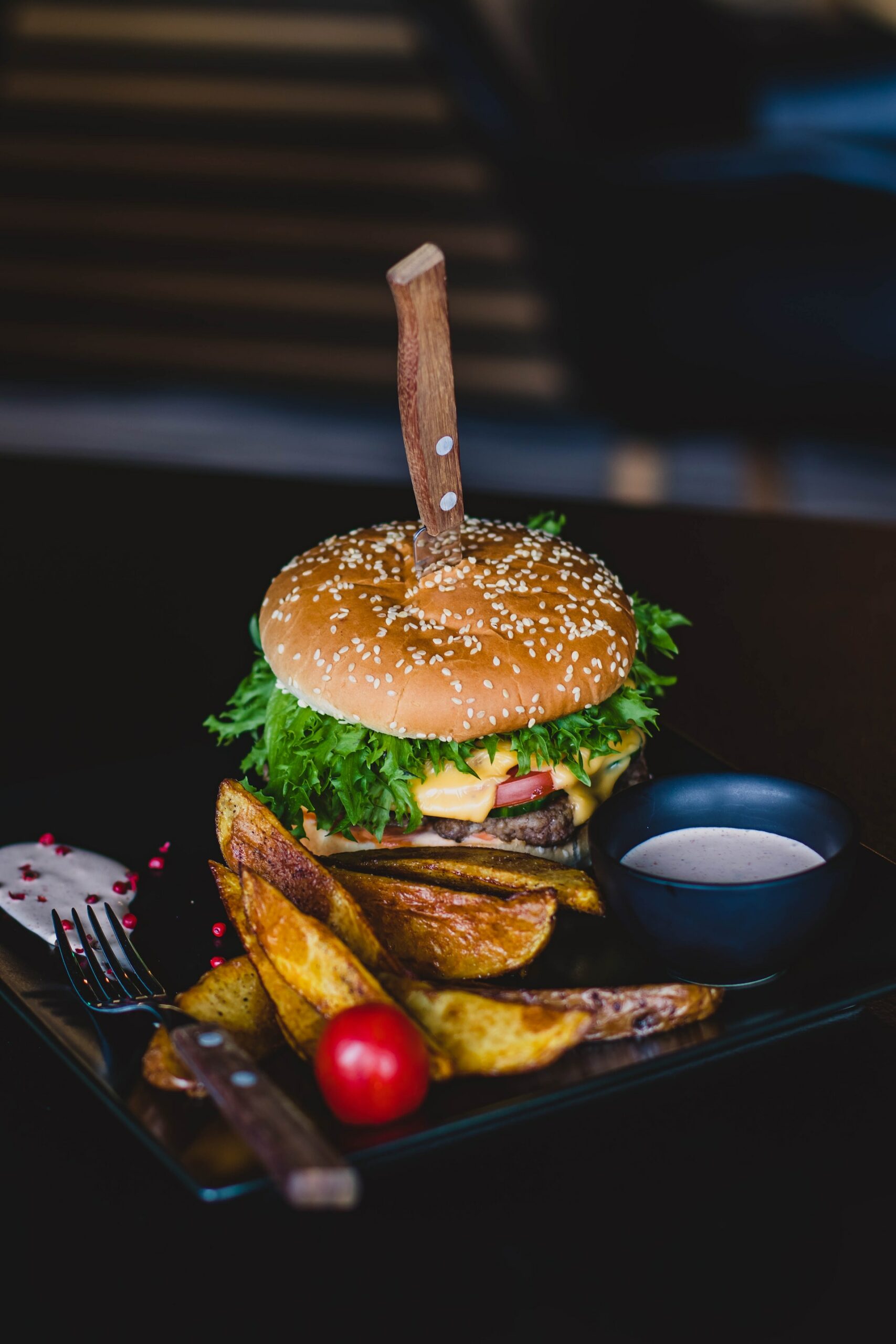
food and beverage control – introduction, objectives, special problems, reality and
fundamentals.
Indian Tourism Organizations – Ministry of Tourism, Department of Tourism. Objectives
and functions – ITDC, HRACC, KTDC and DTPC. Objectives and functions – FHRAI, IATO
and TAAI. Tourism management in India by Tourism Organizations.
Personality and self-concept, elements of personality, determinants of personality, causesof
deranged personality, personality analysis and uses of personality analysis.
Introduction to Entrepreneurship.
Definition and meaning. Distinction between entrepreneur and manager. Entrepreneur – characteristics and traits, skills, motivation and functions. Role and importance of entrepreneurship in economic development. Factors affecting the growth of entrepreneurship.
The project expects independent work by a student on any relevant topic under the guidance
of a faculty member. The goal is to put one’s theoretical knowledge and research proficiency
to practical test.
The project may be one of the following type: 1) Comprehensive case study, 2) Interorganizational study, 3) Field study or Empirical study.
Elective (student to select any one of the
following):
- Food Production
- Food and Beverage Service
- Front Office Management
- Housekeeping Management
